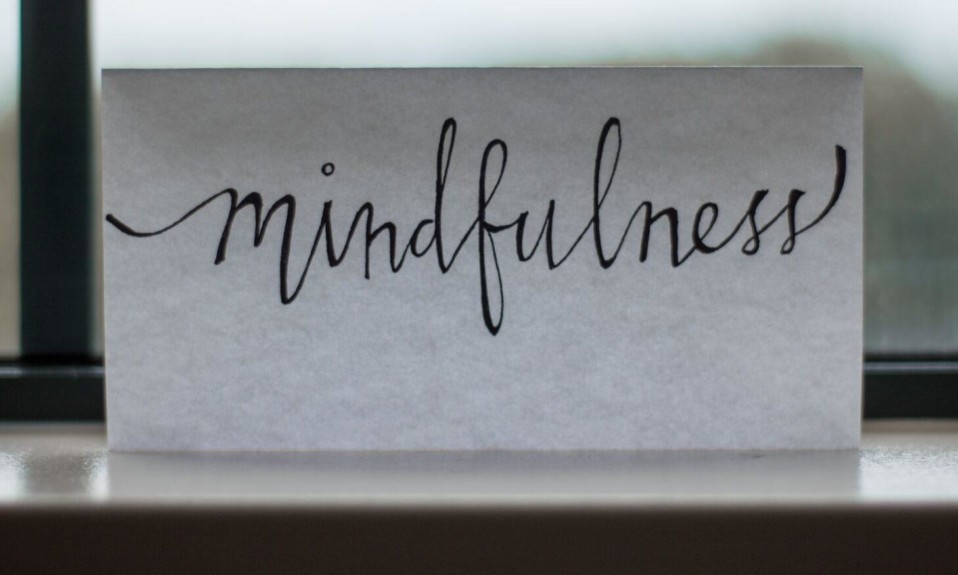New research looks at the effect of mindfulness training on curbing cravings—and the results are mixed
By Sophia Dokyoung You, Ph.D.
January 19, 2021Craving is an urge or desire that is often stronger than attempts to resist. People who struggle with addiction can experience cravings for a range of things, including: substances (opioids, alcohol, nicotine, methamphetamine); food; and activities such as gambling, exercise and sex.
The intensity of the craving is at its lowest shortly after taking a substance, and it increases over time without taking another dose.
How cravings work is important to understand: People experience cravings for an extended time in recovery, and they often return to use because of them.
Among the challenges of managing cravings is that many factors can amplify them. These include stressful life events, interpersonal conflicts, emotional distress (depression and anxiety), sleep disturbance and reminders of substances (triggers like seeing a drug bottle, a friend using drugs or a place where you’ve used a substance previously).
Establishing a plan for craving management is critical to maintaining abstinence. One increasingly recommended management approach is mindfulness. This is even more true in the time of the COVID-19 pandemic, given its toll on our national mental health.
To study mindfulness and its connection to craving, Matthew C. Enkema, Ph.D., and his colleagues at the University of Washington ran a study looking at strategies that people could use to manage cravings during emotionally challenging times.
Even brief mindfulness interventions are related to decreased use of substances and decreased likelihood of relapse.”
The research team was particularly interested in determining if mindfulness techniques such as meditation offer ways to help your mind and body better cope with cravings for substances.
The Study: Overview
To examine the effect of mindfulness technique on craving and addiction, the researchers recruited 286 adult men and women who were receiving inpatient and outpatient treatment for alcohol use disorder (AUD) and substance use disorder (SUD).
The researchers specifically looked at mindfulness-based relapse prevention (MBRP), a novel treatment approach developed at the Addictive Behaviors Research Center at the University of Washington for people in recovery from addictive behaviors. According to the website mindfulrp.com, “The intention of the program is to offer practices cultivating mindful awareness to individuals suffering from the addictive trappings and tendencies of the mind. MBRP practices are intended to foster increased awareness of triggers, destructive habitual patterns, and ‘automatic’ reactions that seem to control many of our lives.”
Study participants were randomly assigned to three treatment conditions:
- Their usual treatment approach
- Eight weeks of relapse prevention treatment
- Eight weeks of MBRP
What Did the Study Show?
The research—surprisingly—did not find a significant effect of the MBRP program on craving during treatment.
However, participants using mindfulness techniques reported fewer craving post-treatment, regardless of which of the three treatment programs they were involved in. Specifically, the researchers found that acting with awareness mitigated the impact of depression and anxiety on craving.
Enkema’s eight-week MBRP program did not show the effect of the MBRP program on craving management. Instead, it found that people’s mindfulness tendency matters in levels of emotional distress and cravings post-treatment.
The study potentially would be more informative if it examined each patient’s daily practice of MBRP or mindfulness practices of people in other treatment conditions. Mindfulness has been introduced as a treatment for many chronic health conditions by Jon Kabat-Zinn, Ph.D., University of Massachusetts, Memorial Health Care Center.
For those interested in learning mindfulness techniques for craving management, UCLA Health is a good place to start. Additionally, free mindfulness apps like Insight Timer, Mindfulness Coach and UCLA Mindful cater to people seeking help for addiction.
The Study
Disrupting the Path to Craving: Acting Without Awareness Mediating Link Between Negative Affect and Craving. Authors: Enkema MC, Hallgren KA, Neilson EC, Bowen S, Bird ER, Larimer ME. Psychology of Addictive Behavior 2020; 34: 620-627
Sophia Dokyoung You, Ph.D., is a licensed psychologist at Stanford Pain Management Center and a researcher at Stanford Systems Neuroscience and Pain Lab. Previously, she worked as a registered nurse at Cleveland Clinic and a research nurse at Ohio State University, Clinical Trials Office. She received her master’s and doctoral degrees in clinical psychology at Texas A&M University, completed post-doctoral training at Stanford and received a Mentored Patient-Oriented Career Development Award from the National Institutes of Health.














